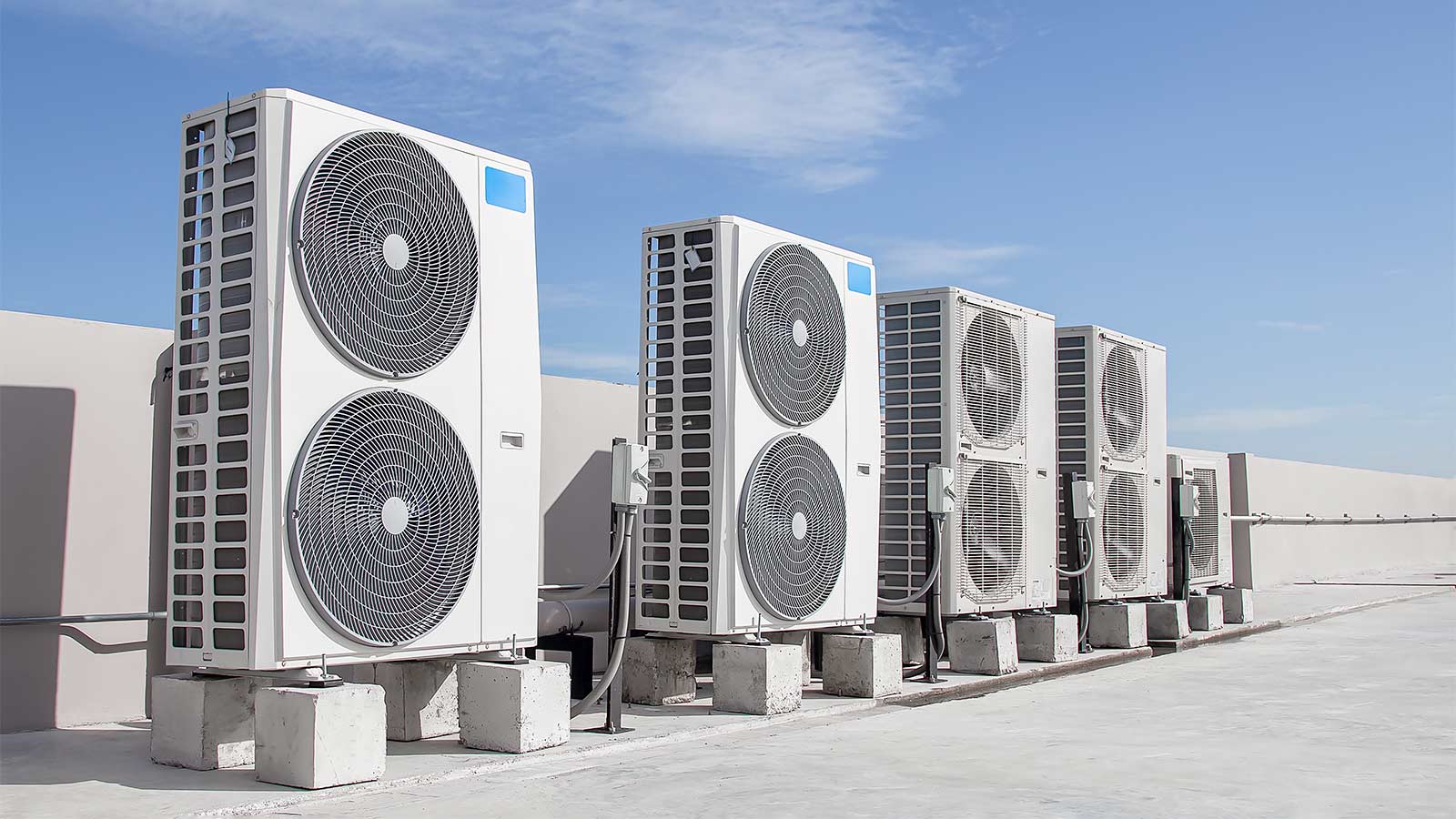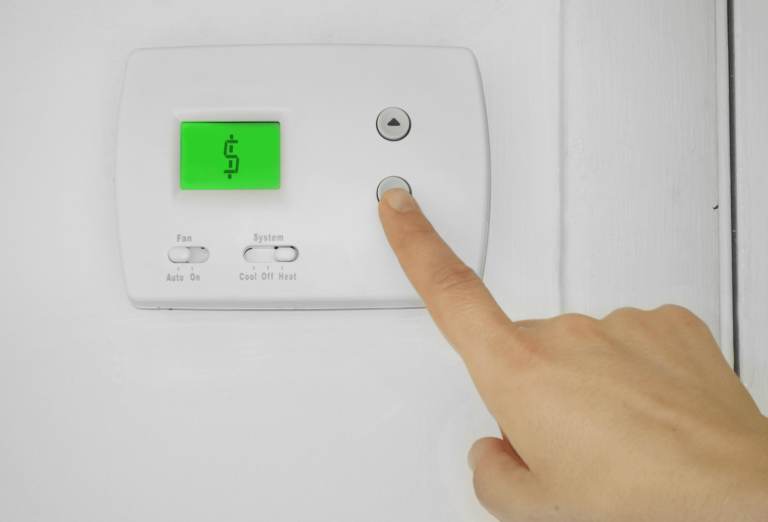What Does AC Tonnage Mean?
When shopping for a new air conditioning unit, you might come across the term “AC tonnage.” But what does it really mean? Understanding AC tonnage is crucial for ensuring you choose the right system for your home. In this blog, Air Rescue Air Conditioning will demystify AC tonnage and explain why it matters.
What is AC Tonnage?
AC tonnage refers to the cooling capacity of an air conditioning unit. It is a measure of how much heat the unit can remove from your home in one hour. The term “tonnage” comes from the amount of heat needed to melt one ton of ice in 24 hours, which is 12,000 BTUs (British Thermal Units) per hour. Therefore, a 1-ton AC unit can remove 12,000 BTUs of heat per hour, a 2-ton unit can remove 24,000 BTUs, and so on.
Why is AC Tonnage Important?
- Comfort: Properly sized units ensure that your home is evenly cooled, preventing hot spots and maintaining a comfortable temperature.
- Efficiency: An AC unit that’s too small will work overtime to cool your home, leading to higher energy bills and wear and tear. Conversely, a unit that’s too large will cool too quickly, cycling on and off frequently, which can also lead to inefficiency and wear.
- Humidity Control: Correctly sized units better manage humidity levels, which is particularly important in Florida’s humid climate.
Consequences of Incorrect AC Tonnage
- If Tonnage is Too High:
- Short Cycling: The unit will cool the home too quickly and shut off before completing a full cooling cycle. This leads to frequent on-off cycles, known as short cycling, which increases wear and tear on the system and reduces its lifespan.
- Inconsistent Temperatures: Rooms may experience uneven cooling, with some areas becoming too cold while others remain warm.
- Poor Humidity Control: Because the unit doesn’t run long enough, it fails to properly dehumidify the air, leading to a clammy and uncomfortable indoor environment.
- If Tonnage is Too Low:
- Inadequate Cooling: The AC unit will struggle to maintain the desired temperature, especially during peak summer heat, leading to a hot and uncomfortable home.
- Increased Energy Bills: An undersized unit will run constantly, consuming more electricity as it attempts to cool the home, resulting in higher utility bills.
- Excessive Wear and Tear: Constant operation puts a strain on the unit, causing it to wear out faster and require more frequent repairs or replacements.
How to Determine the Right Tonnage for Your Home
Several factors influence the appropriate tonnage for your home, including:
- Square Footage: The larger the home, the higher the tonnage required.
- Insulation Quality: Well-insulated homes retain cool air better, potentially reducing the needed tonnage.
- Number of Windows: More windows can mean more heat entering the home.
- Local Climate: Hotter climates, like in Florida, typically require higher tonnage units.
Professional HVAC technicians can perform a load calculation to determine the ideal AC tonnage for your specific home.
Understanding AC tonnage is key to selecting the right air conditioning unit for your home. By ensuring your unit is properly sized, you can enjoy optimal comfort, efficiency, and longevity from your system. If you’re in Hillsborough, Pinellas, Pasco, or Polk counties and need help selecting the right AC unit, contact Air Rescue Air Conditioning. Our experts are here 24/7 to assist you.








